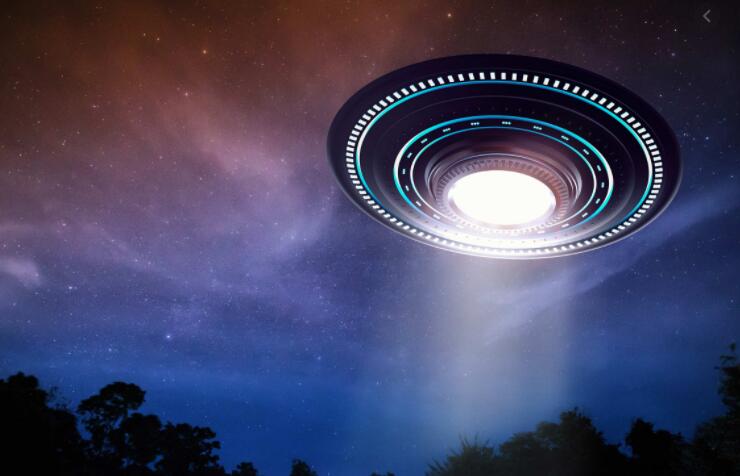By using a simple fact: far-away things look like they are going slower than close-up things.
通過一個很簡單的道理:遠處的東西運動起來看起比近處的東西慢。
You may have noticed this when driving: those distant phone poles pass sluggishly while the ones on the road go zooming by. In a blank white sky, our brains default to a simple strategy: the bigger it looks and the faster it goes, the closer it probably is.
你或許會在開車時有這種感覺:遠處的電線桿移動的很慢,而路邊的電線桿則移動的很快���。在空曠的白色天空中�����,我們的大腦默認了一個簡單的道理:看起來越大、運動的越快的東西����,距離我們就越近��。

This is a smart way to proceed, and it generally works. Still, our perception can be fouled by rare situations in which we find ourselves looking at something far away that nevertheless moves extremely fast, such as an incoming meteor.
這是一個很聰明的方法���,而且它通常都會起到作用����。然而���,在少有的情況下�,我們的感知也會出錯。例如��,我們在看到一些距離很遠但移動極快的東西的時候��,如一顆靠近的流星����。
At thousands of miles an hour, that flaming object speeds across your field of vision, and your brain can easily conclude it must be much closer than it is,maybe even about to abduct you.
發光的流星以一小時數千公里的速度穿過你的視野��,你的大腦很容易覺得它離你比實際距離要近得多�?;蛟S它是來綁架你的!
來源:可可英語 http://www.ccdyzl.cn/Article/202008/616869.shtml











